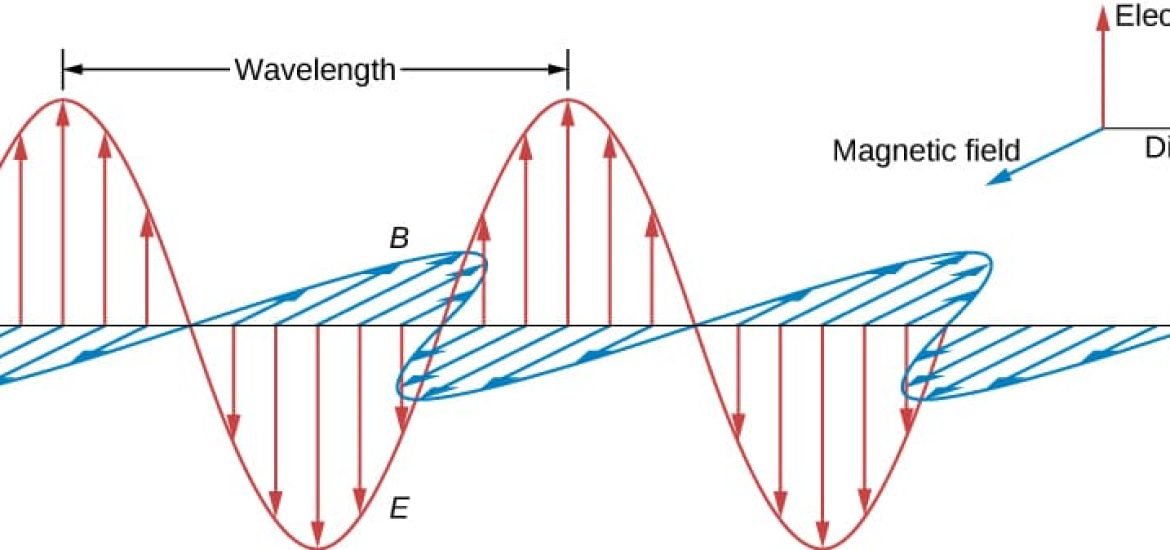
European elections 2019: science at the polls
In the context of the European elections, European Scientist is bringing you an overview of experts from different countries on various topics around science and science policy in Europe, in order to provide a panorama and analysis, which will be useful for the next commission.
How is the European regulations on EM Fields today ?
There are two types of regulations. First is limits on human exposure. For the public, these are in the form of a Recommendation from 1999 and so are neither mandatory nor up-to-date. Nevertheless they are adequately protective; the science has not really changed even though the dosimetry has improved.
When we come to worker limits, these are mandatory via a Directive but are not actually enforced anywhere.
The second aspect is standardisation applied to products, which use the limits I just mentioned. These are mostly OK, and are much improved by the recent shift to compliance under any reasonably foreseeable circumstances, but they do have problems arising from the fact that they are written by industry. In particular there are a few which quite deliberately use unrealistic assessments. In my view this is counter productive because standards have to be trusted if they are to be useful.
Is there a common will for harmonisation ?
Yes. Everyone wants clarity on what and how to measure. Industry wants a clear route to show compliance because it is essential for them to be able to say unequivocally that their products are “safe” according to scientific limits and independent bodies – and the EU legalistic system.
National authorities and consumer groups welcome clarity also because it allows them to refer to external standards as an indicator of public safety. Without those standards it would be a wild west situation.
Do you have an advice for the next EU commission to come ?
Do not be afraid to stand up for science against the anti EMF activists but also ensure that standards actually are properly protective of people. In particular it is important to check that standards have not been written to give certain industries an easy ride by specifying unrealistic test conditions. At the same time the attempts by a small number of EMF activists to remove standards and move to nonscientific limits would make swathes of technology unusable and deprive us of emergency communications as well as many of the benefits of modern life.
Philip Chadwick : PhD in the interaction of EMF with people. 35 years research on EMF and public and worker health and safety. 15 years Chair of the European Standards Committee on EMF in the Human Environment. Past President of the Bioelectromagnetics Society
Related
This post is also available in: DE (DE)